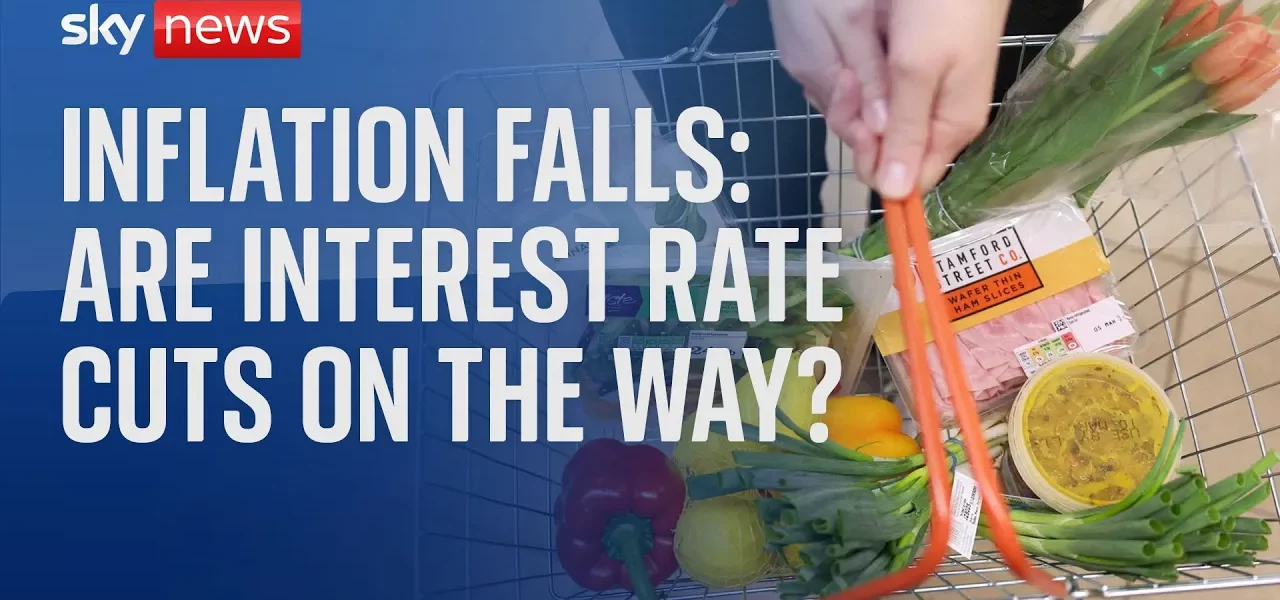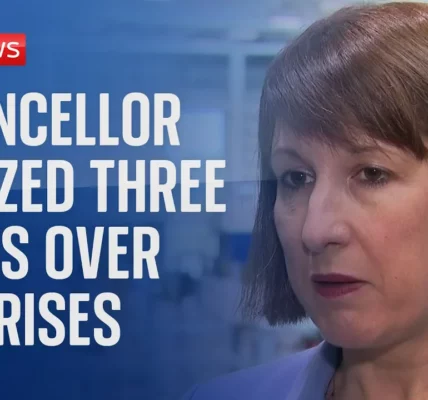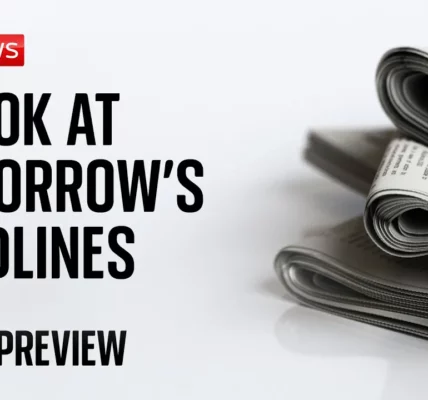A Grand Day Out in Western Super Mare: An Economic Overview

Despite the challenging weather conditions, understanding the economic landscape is crucial. This article delves into the recent trends in inflation, consumer prices, and their effects on households across the UK, providing insights into potential future developments.
Introduction
In recent days, the weather may not have been ideal for a grand day out in Western Super Mare, but the economic climate is showing signs of improvement. As inflation rates fall to their lowest in over three years, families are beginning to feel a slight easing in the financial pinch. This article explores the implications of these changes, including consumer price inflation, interest rates, and the broader economic context.
Understanding Inflation and Its Impact
Inflation is a critical measure of the cost of living, and recent data indicates a significant decline. The Consumer Price Index (CPI) has decreased below the Bank of England’s target rate of 2%, marking the first time since March 2021 that we have seen such a dip. This section will explore how inflation affects households and the economy as a whole.
Key Drivers of Inflation Decline
- Falling fuel prices: A major factor contributing to the decrease in inflation.
- Return to GDP growth: This indicates a recovering economy.
- Rising wages: Although slower, this contributes to improved consumer confidence.
Consumer Sentiment
Consumers are becoming less cautious about spending, yet many still feel the need to budget carefully. Families report adjusting their shopping habits due to rising costs associated with mortgages and everyday expenses.
The Outlook for Interest Rates
As inflation rates decline, the implications for interest rates become increasingly significant. Markets are currently predicting a 90% chance that interest rates will be cut by at least 0.25% in the coming month. This section examines how such changes can benefit mortgage holders and the overall housing market.
Potential Benefits for Mortgage Holders
- Lower monthly payments: A decrease in interest rates can directly reduce mortgage costs.
- Increased affordability for first-time buyers: Lower rates may encourage more people to enter the housing market.
- Stimulation of economic growth: More disposable income can boost consumer spending.
Future Projections
The economic outlook suggests that further falls in interest rates could occur, contributing to a more favorable environment for consumers and lending institutions alike.
Public Finances and Economic Challenges
Despite positive signs in inflation and interest rates, significant challenges remain within the public finances. The government faces a £40 billion shortfall required to maintain public services, raising concerns about potential spending cuts.
Government Response to Budget Deficits
Ministers have emphasized the importance of not returning to austerity. However, they are tasked with addressing the £22 billion deficit inherited from the previous administration. This situation may lead to difficult decisions regarding public spending.
Impact on Benefits Claimants
The recent inflation data poses challenges for those reliant on benefits. With inflation used to adjust benefits, upcoming changes could leave many struggling under the weight of rising living costs.
Conclusion
In conclusion, while the recent decline in inflation and potential interest rate cuts offer a glimmer of hope for UK households, significant challenges remain. The government’s need to address public finances and the impact on benefits claimants must be carefully navigated. It is essential for families to stay informed and adapt their financial strategies accordingly. For more insights into economic trends and financial planning, explore our related articles.
“`




